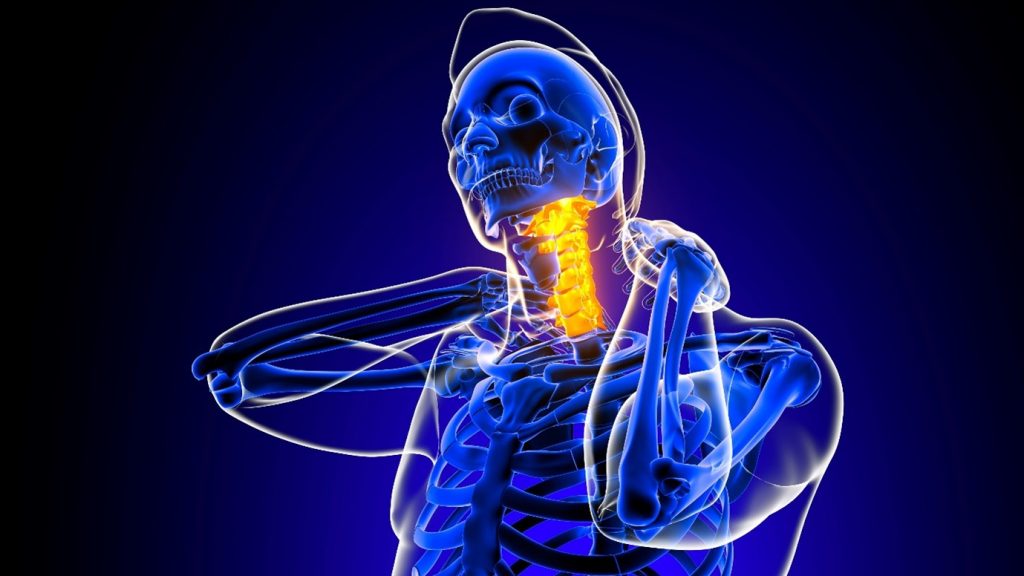Dr. Thomas Raley of Virginia is a Fellowship-trained Orthopedic Spine Surgeon who is committed to helping patients relieve their pain and improve their health. In the following article, Thomas John Raley discusses the emerging developments for managing pain, and the ongoing research for improving patient care.
Those living with chronic pain can suffer not only the physical anguish of their condition, but the mental effects of feeling like their pain will never end. However, new light has been shed on this in recent years. To explain this ray of hope, Dr. Thomas Raley of Virginia reviews the ongoing research in pain management.
Dr. Thomas Raley explains that in an article published by the National Library of Medicine,
technology is allowing experts to understand clinical data about chronic pain in large numbers. In addition, recent research has allowed professionals to understand individual experiences with chronic pain to produce medication that better manages the problem personally.
In this article, Dr. Raley reviews some hopeful new methods of research that are poised to tackle the chronic pain problem for those who suffer. By examining these methods, physicians are hopeful to be able to treat and help patients manage their pain better and achieve lasting relief.
New Developments in Chronic Pain Research
Pain is a difficult thing to define or measure, even in today’s world of advanced technology and reasoning. Though it is the main cause of hospital admissions, chronic pain is difficult to treat or even manage because it can come from such a wide variety of sources, causes, and circumstances.
However, researchers have been looking into new initiatives to identify common causes of pain and help manage such problems effectively. One such example is the
Early Phase Pain Investigation Clinical Network. Using a three-step screening process, proper testing to diagnose and treat a patient’s pain is developed with individualized goals in mind. These developments are discussed below.
Pain Reprocessing Therapy
This method originated in a research study funded by the National Institute on Drug Abuse. It began as a response to the fact that more than
85% of chronic pain issues in the back have no physical cause. Neither disk damage, spinal lockups, or arthritis are to blame for much of those suffering from such pain.
Dr. Thomas Raley says that the research on utilizing pain reprocessing therapy shows that the human brain can be trained to reverse the process in which it learned this pain. The way that this works is that the therapy re-trains the brain’s habits to respond to pain in less of an extreme, or a less threatened way.
Therapists help participants perform the movements that normally cause painful sensations, then coach them through how to evaluate the experienced sensations. The emotional connection between the pain and its severity is also addressed.
Amazingly, after 4 weeks of participating in the study on Pain Reprocessing Therapy by the University of Colorado, people who used PRT had a notable reduction of activity in the areas of the brain used to process pain.
Though it does not necessarily eliminate the pain itself, this research shows that pain reprocessing therapy is a significant step toward managing the mental aspect of pain, reports Dr. Thomas Raley.
 Complementary Health Approaches
Complementary Health Approaches
Some alternative methods, not necessarily associated with scientific research, are being studied for their effects on pain management as well. Complementary health approaches such as acupuncture, massage, and spinal manipulation have gained popularity in recent years.
According to Thomas Raley of Virginia, results of recent research at the National Center for Complementary and Integrative Health suggest that chronic pain management can be achieved in ways such that most patients do not need any commonly utilized opioids when receiving acupuncture.
Thomas John Raley of Baltimore explains that this means connections from the mind to the body can be retrained, and that the brain’s improved response can greatly reduce one’s discomfort.
In Conclusion
Thomas John Raley of Baltimore says that those suffering from chronic pain management can be greatly benefitted by the first steps taken in this research. Some examples include new rapid-fire testing for possible causes, or classifying pain not just by numbers, but by quantitative sensory tests.
Through these methods, experts hope to relieve some of the suffering of those who live with chronic pain by providing hope for more consistent results in pain management.
 Complementary Health Approaches
Complementary Health Approaches